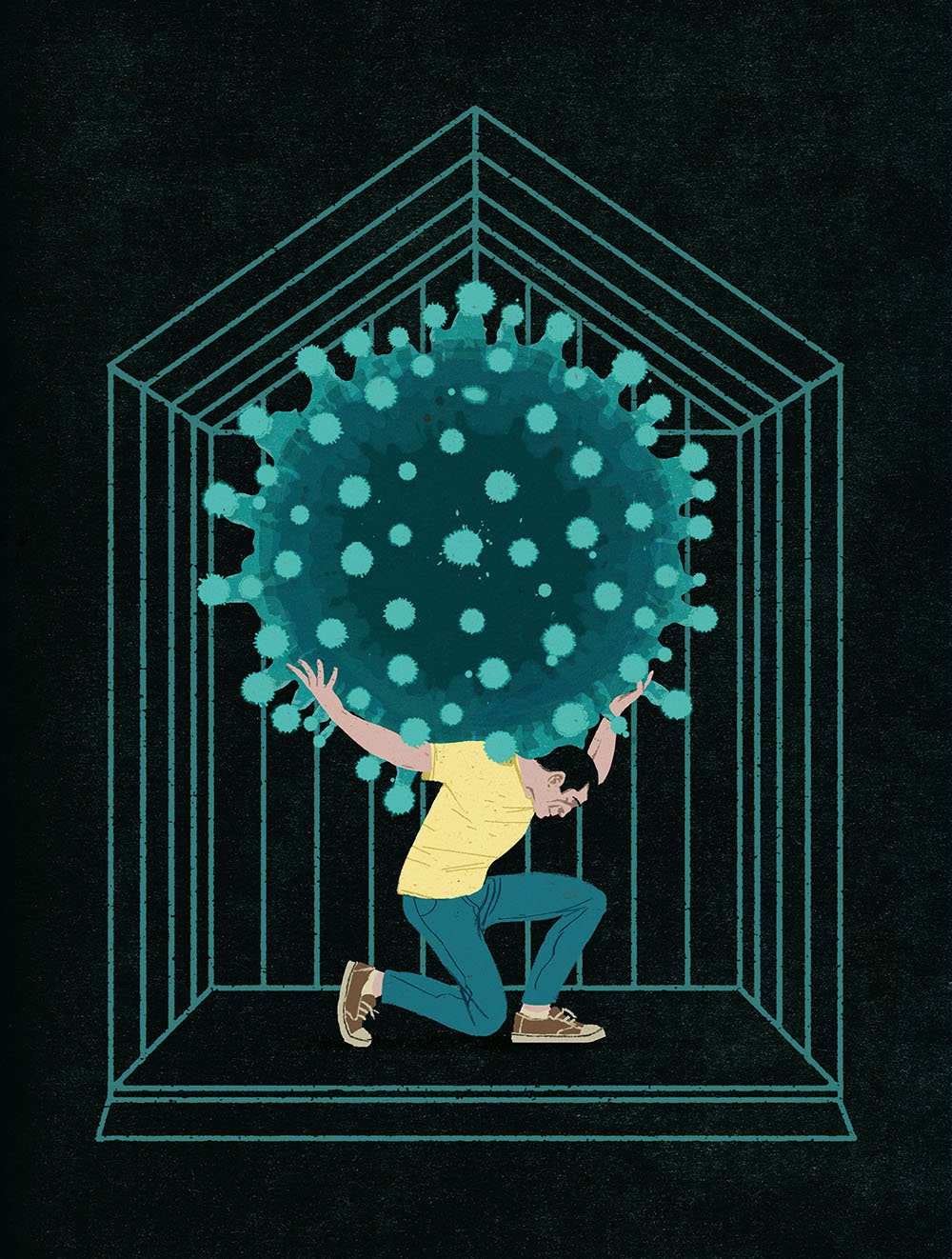#health #COVID #fatigue
“Mild or moderate COVID-19 lasts about two weeks for most people. But in some others, long-term effects of COVID-19 can cause lingering health problems and wreak havoc for months on”–Paul Ebeling
Most people who contract COVID-19 are able to clear the virus in a few weeks, but persistent COVID-19 can linger. Roughly 10% of COVID-19 patients have trouble recovering even after months have passed, which is known as long haul COVID.
Brain fog, body aches, unrefreshing sleep, cardiac issues, shortness of breath, and fatigue after exertion are among some of the most common lingering symptoms. Although most of these symptoms improve with time, research suggests brain fog can linger for longer.
Researchers asked 278 long-haulers to compare the symptoms of their COVID illness during the 1st 2 weeks to the symptoms they were experiencing 22 weeks later. The participants reported an overall reduction of most symptoms, except for the neurocognitive symptoms, which intensified. The five symptoms that got worse were trouble focusing, trouble forming words, sensitivity to alcohol, absent-mindedness, and loss of hair.
The results correlate with other reports, which suggest that COVID long haulers are struggling mostly with cognitive problems. There is no explanation for this, but it’s also common for individuals with chronic fatigue syndrome to suffer from brain fog.
There are various theories on what causes chronic fatigue syndrome, but current evidence suggests it’s related to an overactive immune system. Some researchers also suggest cases of chronic fatigue syndrome can be triggered by a viral infection.
It is now apparent that long-haul COVID symptoms show some similarities to chronic fatigue syndrome. When 502 patients diagnosed with chronic fatigue were given the same questionnaire, it was determined that many of them had similar symptoms, including gastrointestinal troubles, immune system issues, sleep issues, and blood pressure issues.
Those with chronic fatigue syndrome experience a host of more serious symptoms, mainly cognitive difficulties and immune-related issues like sore throats and swollen lymph nodes. The only long haul COVID symptoms that were worse than chronic fatigue syndrome were things like irregular heartbeats, chest pain, and shortness of breath. The results suggest some sort of central nervous system pathology across post-viral infections.
This comparison between long haul COVID and chronic fatigue syndrome is limited. The majority of individuals in the chronic fatigue syndrome group had been ill for more than 2 years, while COVID long haulers had been experiencing persistent symptoms for only a few months.
Some of the COVID long haul group individuals may continue to improve over time, while some of their symptoms might persist or even get worse, which might eventually resemble the chronic fatigue syndrome group symptoms.
Have a prosperous day, Keep the Faith!









